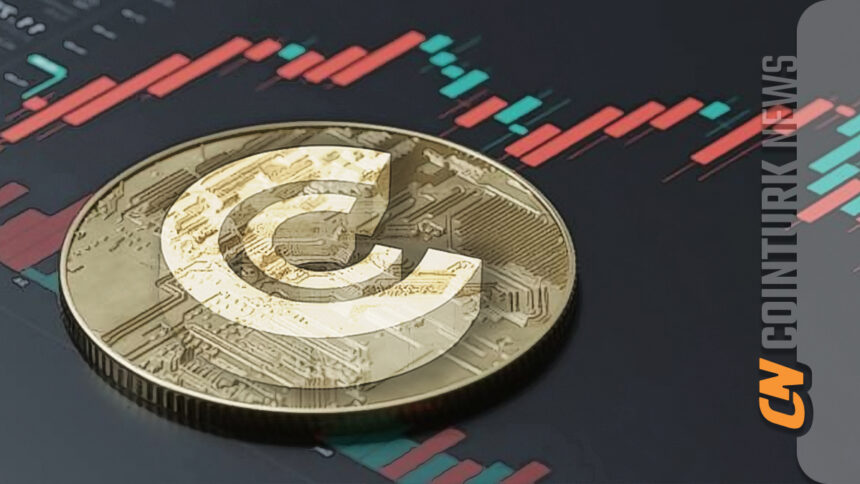In the dynamic environment of the market economy, Bitcoin and cryptocurrencies have emerged as strong players offering products and solutions that align with consumer interests. These digital assets have achieved success by addressing global challenges through innovative projects in the cryptocurrency field, beyond merely profit-driven efforts.
Solving Problems, Creating Value: The Position of Cryptocurrencies in the Market
Within the market economy, the correlation between problem-solving and value creation is clear. Bitcoin and cryptocurrencies have not only developed due to the appetite of investors; rather, their significant growth can be attributed to providing cost-effective solutions to urgent global problems. The market, acting as a powerful force, rewards ventures that contribute meaningfully to societal issues.

The market economy is characterized by its ability to quickly reward power and intelligence. This is exemplified in the extraordinary growth of the Bitcoin and cryptocurrency field. The market efficiently allocates scarce resources through pricing mechanisms, ensuring that robust and innovative projects receive the attention and support they deserve.
Self-Regulation and Healthy Competition: Market Realities
In the cryptocurrency market, where prices play a very important role in product distribution, another significant aspect comes into play: self-regulation. The competition inherent in the nature of the market economy promotes a favorable environment for all relevant parties.
The absence of monopoly is a key factor in maintaining a healthy and competitive ecosystem. Bitcoin, once the sole player, now coexists with over 28,000 cryptocurrencies, highlighting the difficulty of creating a monopoly in such a diverse environment. Therefore, we talk about Bitcoin dominance rather than a Bitcoin monopoly.
Bitcoin and Cryptocurrencies: A Reality in the Market Economy
At their core, Bitcoin and cryptocurrencies represent a tangible reality within the market economy. Their ability to offer innovative solutions, combined with the market’s self-regulating structure and the absence of monopolies, underscores their importance in addressing global challenges.
As the market continues to evolve, these digital assets are poised to play a significant role in shaping the economic landscape.

 Türkçe
Türkçe Español
Español









